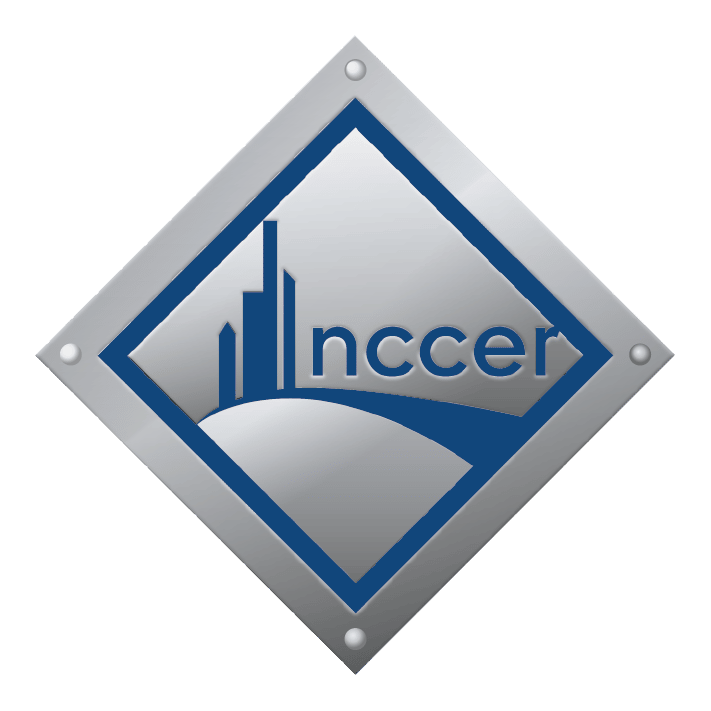Construction & Trades Management Program
Construction & Trades Management Program
Start Building Your Future
Curriculum Details
Miller-Motte’s comprehensive Construction & Trades Management program prepares you for positions in the construction industry. We combine classroom-style education with hands-on learning to prepare you for what a career in project management will be like once you graduate. With enrollment starting on a rolling basis and programs that can be completed in 18 months, your dream career is in your near future! By the end of our program, you should receive an Associate of Applied Science in Construction & Trades Management.*
Associate of Applied Science: 92 Credit Hours, 18 Months.
*Miller-Motte cannot guarantee salary or employment
Skills You'll Cover
- Planning and Directing Projects
- Meeting with Owners
- Examining a Work Breakdown Structure (WBS)
- Negotiating with Subcontractors
- Supervising Crews

What is NCCER?
Why is NCCER important to you?
Earning NCCER’s industry-recognized credentials means you, having undergone approved training, and have met the standards set by the NCCER. Your universally recognized credentials in your craft represent a national portability of your skills.
Additionally, NCCER manages credentialing and certification through its Registry System(Open Link in new window), which assists craft trainees and professionals by maintaining their records in a secure database.
NCCER also drives multiple initiatives to enhance career development and recruitment efforts for the industry, primarily through its Build Your Future(Open Link in new window) initiative.
Why is NCCER important to employers?
Many organizations and companies track the qualifications of their craft professionals and possible new hires through NCCER’s Registry System. Those with NCCER credentials may be more desirable to potential employers.
Enroll in A Construction Trades Management Program Near You
Business Studies, CDL Training: Class A Tractor Trailer, Cloud Computing, Combination Welding, Construction & Trades Management Program, Electrical, HVAC & Basic Refrigeration Training, Medical Clinical Assistant, Undecided
Business Administration – Associate’s, CDL Training: Class A Tractor Trailer, Construction & Trades Management Program, Electrical, Medical Clinical Assistant, Plumbing, Undecided
Get Started On The Path of Your New Career
We’re here to help you for your dream career, not your next job. If you are ready to start the next chapter of your life and looking for the technical school that will get you there, Miller-Motte is ready to help.
What Does a Construction Project Manager Do?
One of the most important things to complete a construction project successfully is strong, reliable leadership. For most construction projects, this responsibility falls on the construction project manager. If you are considering a career in construction project management or trades management, you may be wondering, “What do project managers do?”
Construction managers oversee a project from beginning to end and work to ensure that everything is handled safely, efficiently, and professionally. These leaders are often responsible for making sure that each project is completed on time, meets all of the safety and health requirements, and stays within budget. Project managers are an essential part of every construction project.
How to Become a Construction Project Manager
Construction project management requires specific education and skills. Most project managers are required to earn a degree before they can begin their work. Depending on the industry or field you choose to work in, there are several avenues for education.
Many people start with an associate’s degree, such as the Associate of Applied Science in Construction and Trades Management. Others choose to further their education and complete a bachelor’s or even master’s level degree in construction management or trades management.
There is a significant amount of continued education required once your career as a construction project manager has begun. These courses often focus on developing skills and a deeper level of understanding in areas such as code compliance, safety measures, accident prevention, and estimating costs.
Project management requires skills that go beyond construction and trade knowledge. Highly qualified construction project managers can lead their teams, ensure projects are completed on time, and maintain strong relationships with clients.
Leadership skills are essential to being successful as a project manager. A good leader can recognize and utilize the strengths of their workers, communicate effectively with staff and clients, develop a working knowledge of the latest methods and technologies available, and present new ideas that may help their business continue to grow.
Begin Your Construction Management Education at Miller-Motte
If you are interested in earning a degree in construction and trades management, let Miller-Motte help you reach your goals. To learn more about our programs, request more information here.
*Miller-Motte cannot guarantee employment or salary.
Project Manager
- Project Managers work under the supervision of a Construction Manager to manage industry-related projects and tasks. They usually have the satisfaction of seeing a job through from start to finish. Their Qualifications include both formal education and in- formal training, and their knowledge encompasses construction materials and methods, mathematics, communications, safety, human resources, scheduling, and customer service, among other areas.*
Project Manager Daily Duties
- Meet with owners
- Examine a work breakdown structure (WBS)
- Negotiate with subcontractors
- Directly supervise crews
Ready to Take the First Step?
Start earning your way to the career training you have been dreaming of with our hands-on programs at Miller-Motte. MMC is the perfect place to begin your journey in skills-based careers. Learn more about our programs or schedule a tour to visit our innovative learning labs and campus today.
Information within this blog is for general information purposes only. Miller-Motte does not assume or guarantee certification/licensures, specific job/career positions, income earning potential or salary expectations based on the programs offered at Miller-Motte. Career and program information statements in this blog do not guarantee that programs or other information mentioned are offered at Miller-Motte.
